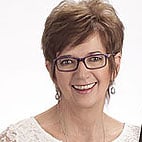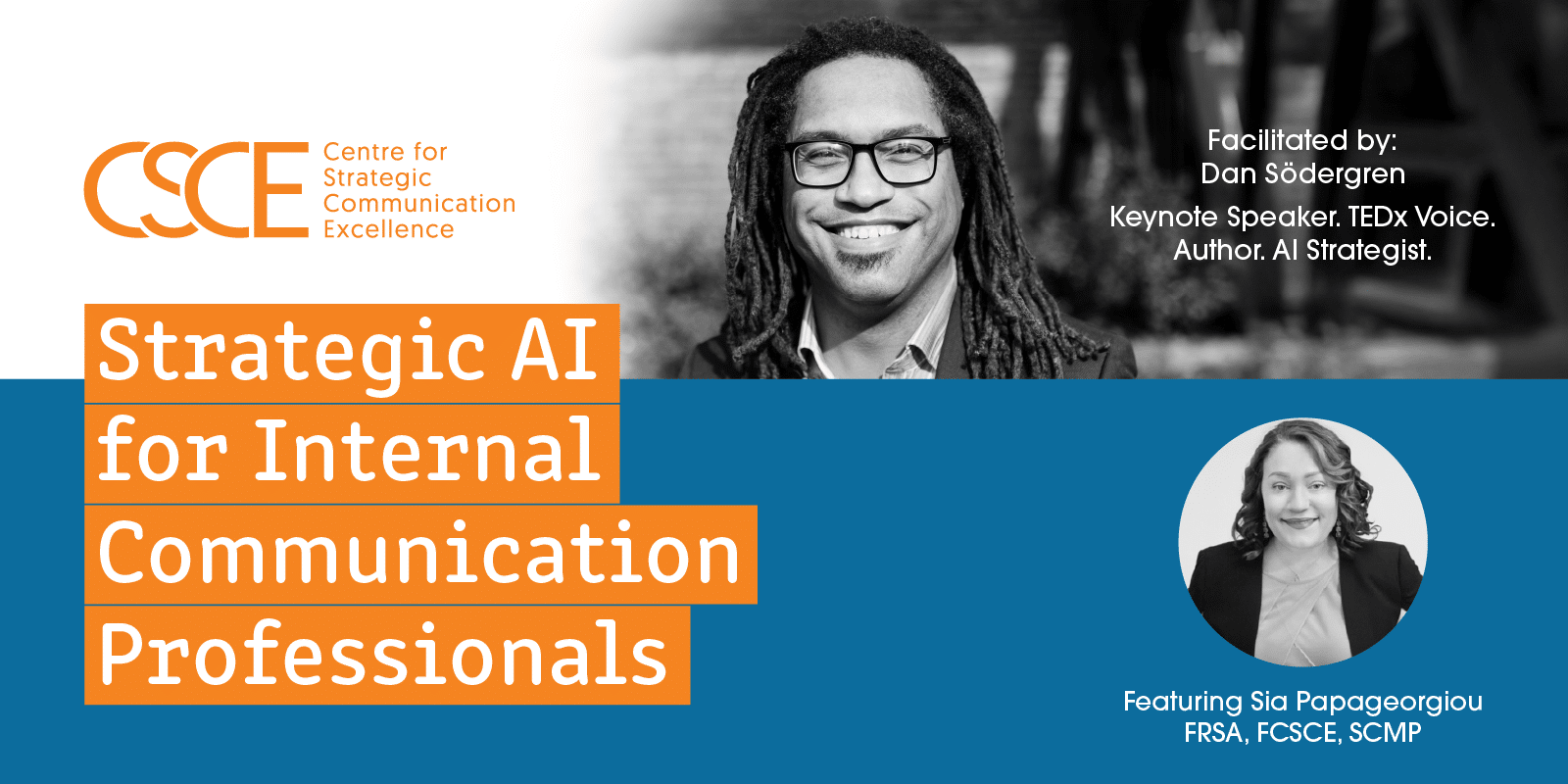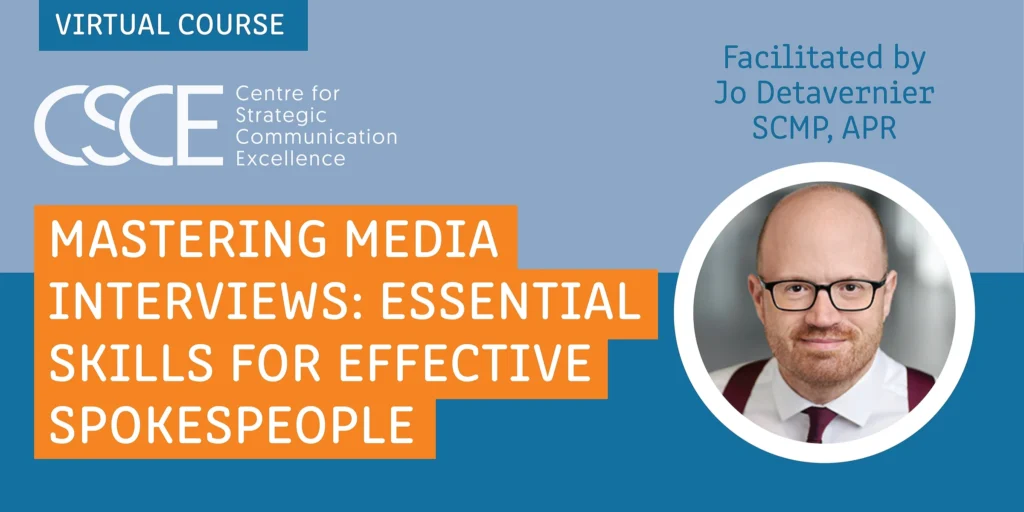Global thought leaders Amanda Hamilton-Attwell, ABC, APR IABC Fellow, President, Business DNA, Barbara Fagan Smith, President ROI Communication, Stephen Welsh, an independent consultant, and Tarnya Dunning, General Manager of Employee Communication for Telstra discuss the leadership role of IC professionals. The Centre for Strategic Communication Excellence is pleased to present excerpts from the IC Kollectif ebook, Disrupting the Function of IC: A Global Perspective.
“Communication professionals work with facts. It does not matter whether we are creating a message about the annual financial performance or a community event, we start with facts. Are “alternative facts” lies or just “other facts”? Are these new questions in the communication profession? No they are not. Lectures about objectivity and subjectivity are part of all communication programs. So what is different? The difference is that the importance of understanding what the communication profession is about, is front and centre in the news. This debate created an ideal opportunity for communication professionals to step up and take a leadership role.
Accuracy and honesty is not negotiable. Information moves at the speed of light in the digital age. You need to be quick to check facts and even quicker to respond. This makes it imperative that organisations have a communication professional at the boardroom table where strategic issues are discussed. If the communication professional gets the information second hand, time will be lost and inaccuracies may occur.”
Amanda Hamilton-Attwell, ABC, APR, IABC Fellow
“The world we live in has become increasingly polarized. Socially and politically, people today have radically different points of view. Sadly, public discourse is often full of anger and vitriol, and an unwillingness to listen and find common ground. It can even turn violent.
That’s the context for organizations at this time in the world. And in this context, it is more important than ever for those organizations to unite their people with a sense of purpose, with the feeling and belief that they are connected to each other in meaningful ways, striving for worthwhile goals, and doing work that is making a difference in the world.
Sometimes the work communication leaders are doing is more a matter of survival than breaking new ground. Their organizations are managing massive change, expanding or contracting. External forces or strategic missteps have put the pressure on. Everyone is over-extended and over-committed. In these times, organizations and employees need to have a clear sense of where they are and where they need to go.”
Barbara Fagan-Smith
“You know that thing you have in your bathroom? You know, you push down on the button and some silky soap comes out for you to wash your hands. It’s a great thing. Reliable. Sturdy. Does its job on time, every time. Will give you 20 years of dedicated service without wanting anything in return, except refills of course!
Yeah, let’s hear it for soap dispensers. Aren’t they great?
But the question for internal communication professionals to ask themselves is: are you a soap dispenser? And I ask that in both senses of the word:
- Do you dispense corporate soap or “softsoap” as some kind of balmy goo that gets everywhere in organizations and is designed to persuade or cajole employees to perform better? Are you the equivalent of a snake oil salesman (but for soap), or the purveyor of patent medicine which, while probably not causing harm, doesn’t do much good either? Are you the solution when leaders need to wash their hands of a problem?
- More allegorically, are you someone who when subjected to pressure from a higher level, someone pushing down on you, reliably produces output without complaint or imagination?
Stephen Welsh
“In a world where trust in institutions is rapidly eroding[1] at the same time that technological change is accelerating, organisations can only prosper if the people who work in them are not distracted by confusion, information overload, attention deficit[2], and at times even fear. Trust is a significant corporate asset that can propel employee engagement forward thereby requiring management attention and rigour alongside other key employee engagement metrics.
Trust is built when a leader is reliable, accepting of different views, open and congruent between words and actions. Too often these characteristics are missing in the actions of politicians, CEOs, and organisational leaders creating incongruence or the trust gap.
Add to this that neighbours or peers influence people[3] more than their CEO or country’s elected leader, the role of the strategic communicator as an executive leader has never been more pivotal.”
Tarnya Dunning






